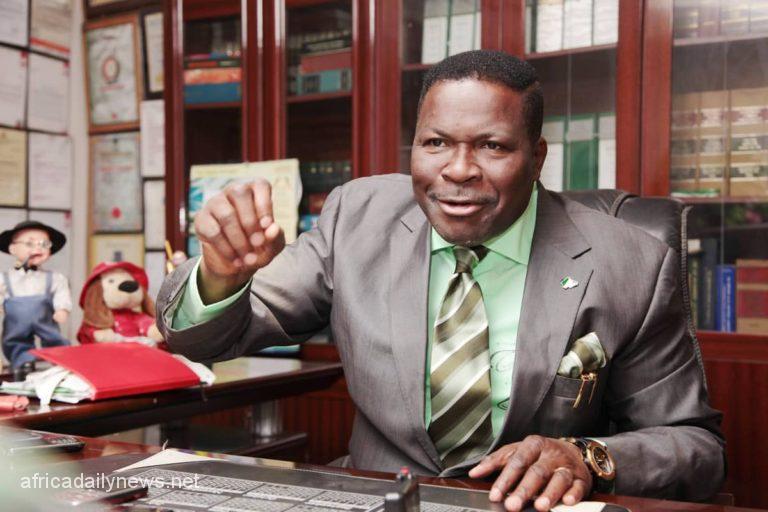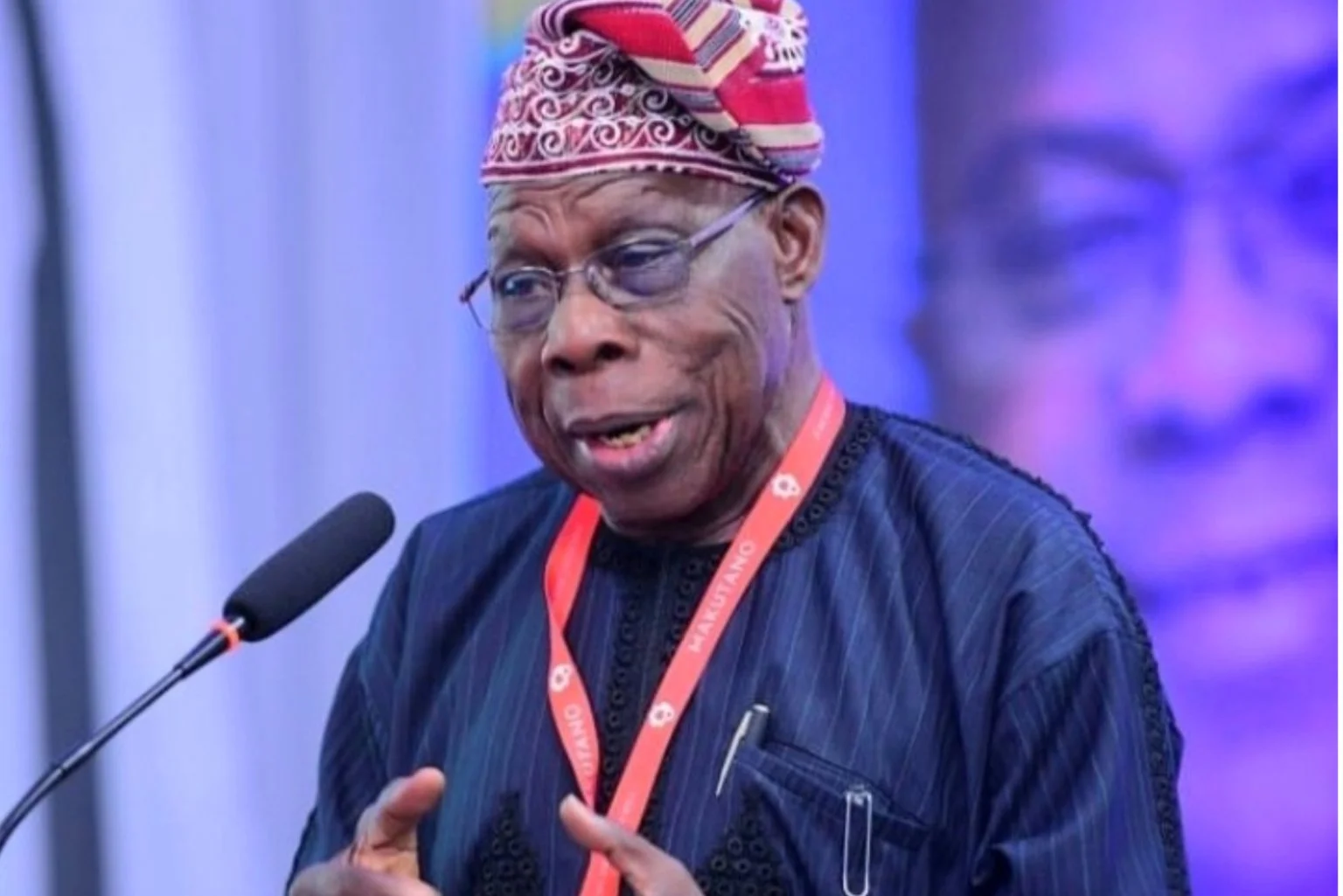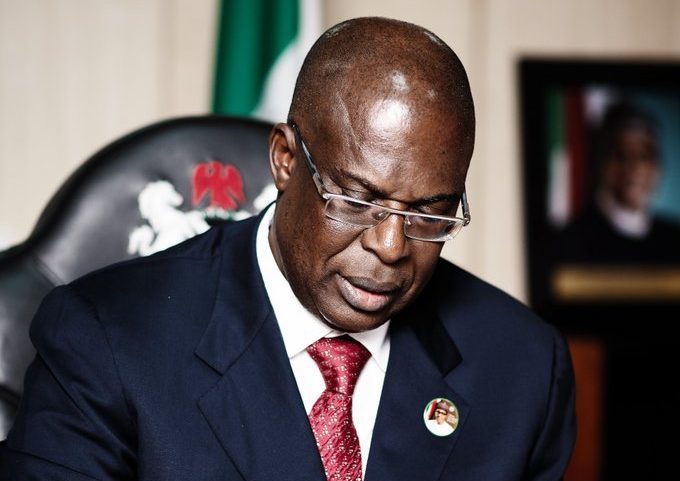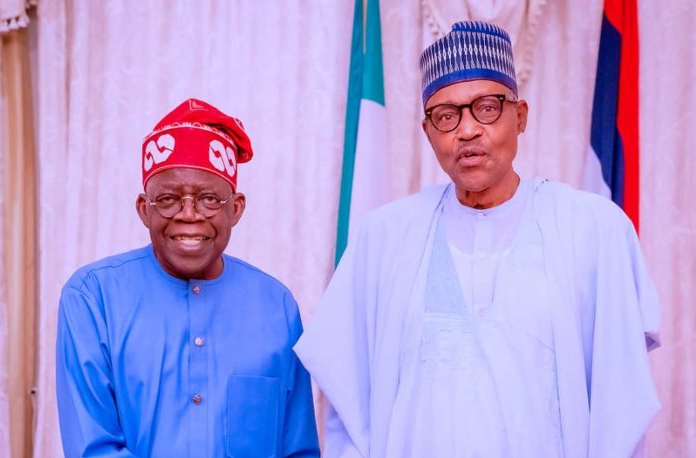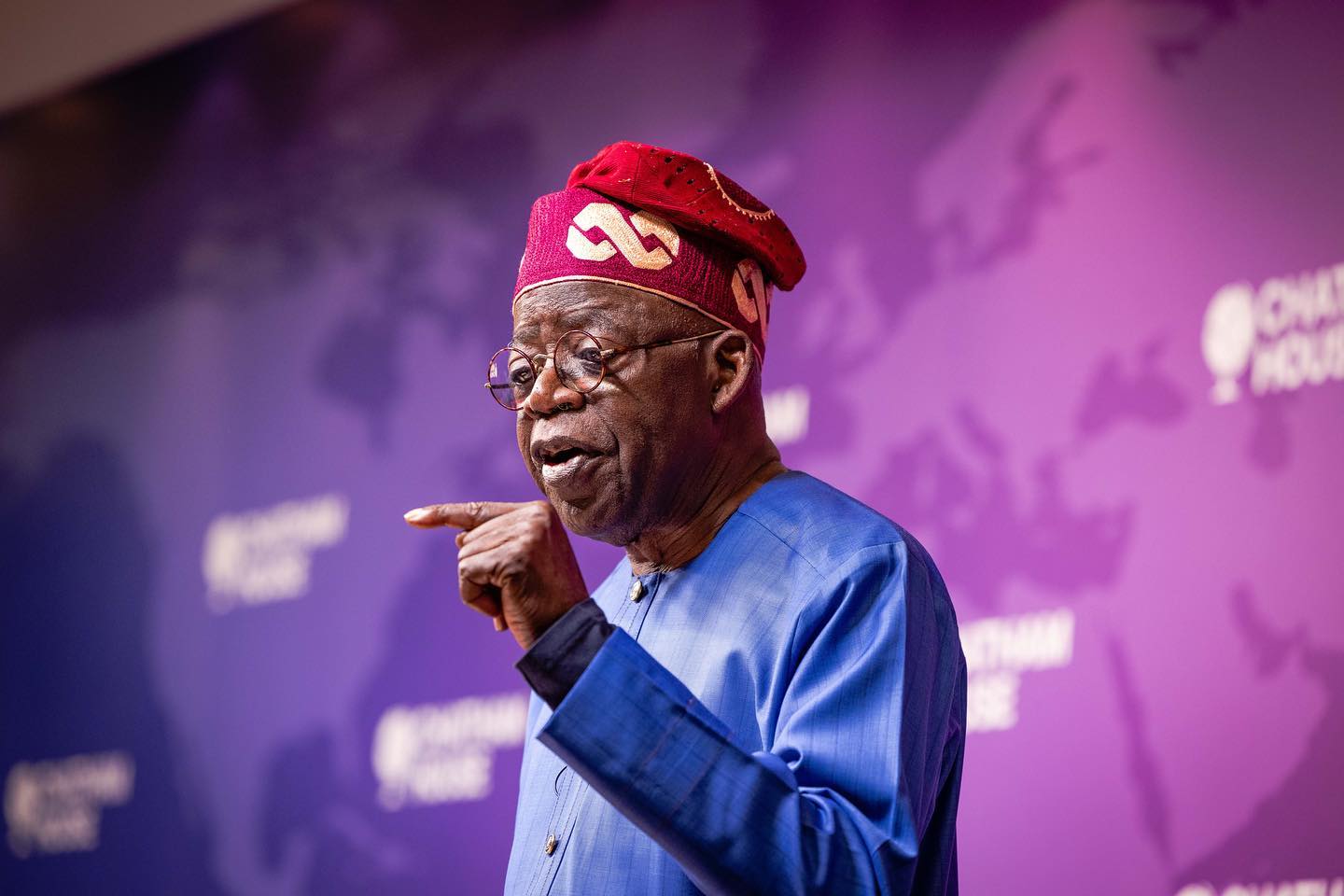The New Trend Regarding Defections (continues)
Introduction
Last week, we discussed the new order and trend which emphasize that contrary to the earlier position in Amaechi’s case, votes are now held to belong to the candidates who are natural beings. Votes do not belong to political parties which are an abstraction, agent and mere vehicle that a candidate rides to victory. Political parties campaign, gather and garner votes for the candidates. It is the candidate that is recognized as the winner and owner of the votes cast at an election.
The Supreme Court has thus interpreted section 141 of the Electoral Act 2010 (as amended), which came into force after AMAECHI’S case of 2008, to the effect that votes belong to a candidate; not his political party.
In NWANKWO & ANOR v. INEC & ORS (2019) LPELR-48862(CA) the Court of Appeal was even more elaborate and pungent. It held:
“… It is trite that it is only a natural person that can be lawfully declared and returned as a winner of an election.
The Electoral Act, 2010 (as amended) only contemplates the declaration and return of a candidate in an election and not a political party…. Submits that a clear reading of section 156 of the Electoral Act, 2010 (as amended) stipulates that only a candidate can be declared and returned as a winner of an election, and also that the candidate must be one who participated in all the stages of the election, hence the wordings “a candidate in an election”… Furthermore, it is trite that a political party is an abstraction.
It has to canvass for votes through its members as agents, in the same way it contests, wins or loses election through a candidate it nominates who acts as its agent.
Read Also: Why Ndigbo Should Forget 2023 Elections – Kanu’s Lawyer
WADA V. BELLO (2016) 17 NWLR (PT.1542) 374 @ 427-428, PARAS H-A. In the case of NGIGE V. AKUNYILI (2012) 15 NWLR (PT.1323) 343 @ 357-376, the court held thus: “…it is my considered view that the Appellant in relying on the provision quoted above (section 211 of the Constitution), has conveniently lost sight of the underlined words which show that a political party canvasses for votes on behalf of the candidate.
In other words that a political party is nothing more than an agent of the candidate in gathering votes for an election.
It is my further view that is against the backdrop of this, that the Electoral Act (Supra) requires the candidate (and not the party of the candidate) that has the highest number of votes at an election to be declared as the winner of the said election, and further provides for the means of challenging the return of the candidate (and not his political party…” Interestingly, PW2 who was the Returning Officer in the election in contest also admitted that by the provisions of the Electoral Act, 2010 (as amended), INEC Manual and Guidelines, it is a natural person and not an artificial person that can be returned in an election.
In Paragraph 13 of his Statement on oath, he stated thus: “…that I know I was expected to return a natural person and not a political party as the winner had not been controverted…” That since the 2nd Respondent has no candidate for the election, the position of the law is very clear as to validity of votes cast for a political party who has no candidates.
The law is that such votes are regarded as wasted votes. In the case of APC & ANOR V. SENATOR KABIRU GARBA MARAFA & ORS (UNREPORTED DECISION OF SUPREME COURT IN SC/377/2019 DELIVERED ON THE 24TH DAY OF MAY, 2019), the Supreme Court held thus: “….For the avoidance of doubt, a party that has no candidates in an election cannot be declared the winner of the election.
This being so, the votes credited to the alleged candidates of the Appellant in the 2019 general elections in Zamfara State are wasted votes.
By Chief Mike Ozekhome, SAN

